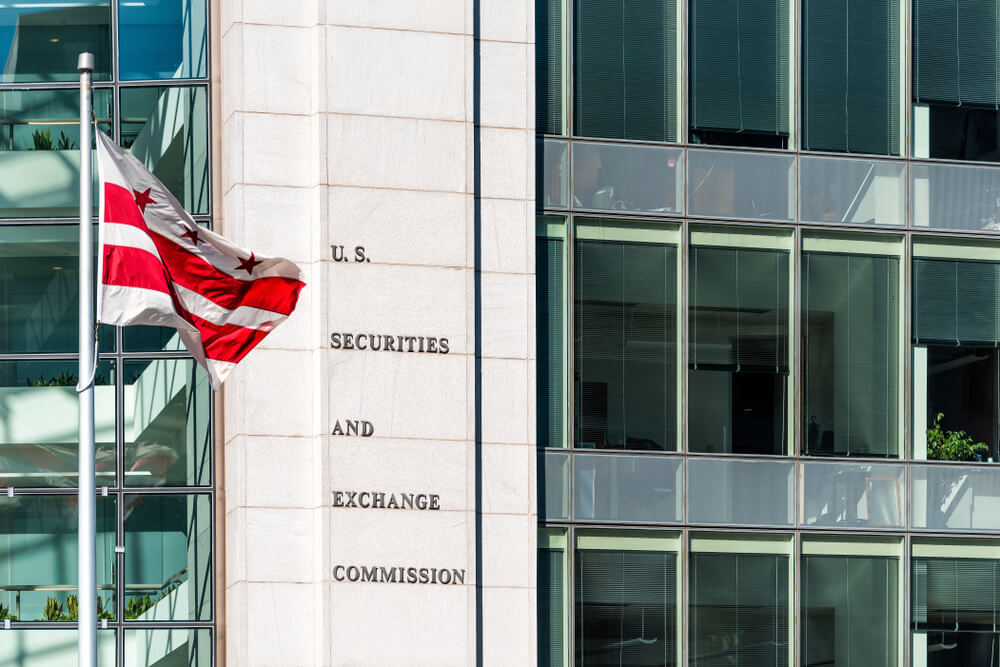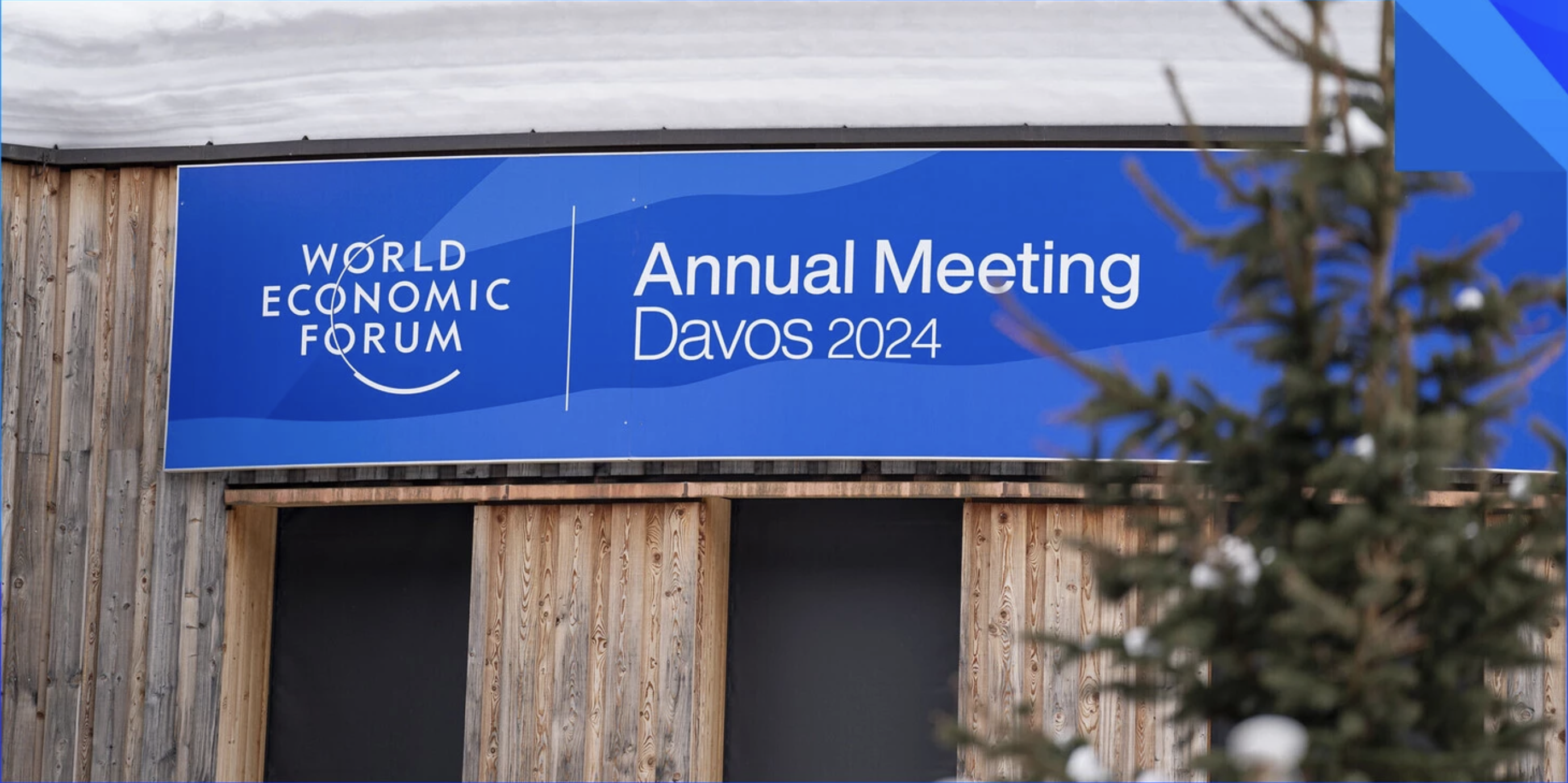The old adage still serves: “First they ignore you, then they laugh at you, then they fight you, then you win.”
For Lisa Woll of US SIF, the attacks on the use environmental, social and governance factors, or ESG, in investment decisions is a measure of the growth and importance of sustainable and impact investing.
“This is truly the moment where we know the field has arrived,” Woll says in a Q&A with ImpactAlpha. “Because we’re big enough and important enough that we’re seen as important to attack.”
After 17 years as US SIF’s CEO, Woll stepped down earlier this year from the leadership of the research, education and advocacy nonprofit that represents members with more than $5 trillion in assets under management.
In that time, the field has grown from $2 trillion to more than $8 trillion, even including a methodological re-set in recent years that culled many firms without specific impact criteria.
The backlash against ESG has reinforced Woll’s belief that impact investors must become more engaged in public policy debates.
“I don’t think by any means this is a done deal,” she says. “I’m not sure it will ultimately be truly deleterious to the field. You’re seeing, particularly in Red states, stories on sustainable investment in newspapers for the first time on the front page. So my hope is that it’s actually educating some new people that the field even exists.
“We have to stay focused, we have to stay defended on this,” she says. “We have to be responding in meaningful data-driven ways.”
ImpactAlpha: You’ve been watching this very well coordinated, well funded campaign to discredit ESG. How do we win the ESG battle?
Lisa Woll: This year, we have had 155 bills and seven resolutions in 37 states. 17 laws were passed in 10 states. Three resolutions passed in two states. At least 64 bills and 49 bills that have been moved out of committee. So certainly it’s gathered a lot of attention. It certainly has moved forward in some states.
But you’ve also gotten pushback from politicians, including Republicans, that don’t want to do this. They don’t see it being helpful to (retirement) plan participants and to others in their state, and that actually will cause them to lose money.
And so I don’t think by any means this is a done deal. I think it is a big fight and a very important fight. I’m not sure it will ultimately be truly deleterious to the field. You’re seeing, particularly in Red states, stories on sustainable investment in newspapers for the first time on the front page. So my hope is that it’s actually educating some new people that the field even exists.
We have to stay focused; we have to stay defended on this. We have to be responding in meaningful data-driven ways. Not just in rhetorical ways, but in ways that say, ‘This is not something that’s being forced down anyone’s throat. This is a choice.’
And there’s a part of me, having been here for 17 years, that thinks this is truly the moment where we know the field has arrived. Because we’re big enough and important enough that we’re seen as important to attack.
ImpactAlpha: How will the anti-ESG, anti-woke capitalism attacks affect the Biden administration legislation and plans for just and fair decarbonization?
Woll: This administration’s been pretty successful and getting legislation through. The most recent proposal, greenhouse gas emissions from power plants, that’s a regulatory issue. So you don’t have to rely on Congress for that. To the degree that the administration could continue to move things from a regulatory perspective, you don’t have to rely on Congress
What you do have to worry about: Joe Manchin has already said, if this moves forward, he will hold up EPA nominees. So there is the ability of Congress to impact the movement of some of these regulations through other mechanisms. But I think this administration has been smart and they are very much desirous of being not just a administration known for going after climate change as seriously as they can with the tools they have available to them, but also looking at a range of other important issues as well.
To the degree that we have the numbers and Congress, legislation can move forward, but we simply don’t have numbers in the House at this time in order to move forward legislation. In any meaningful quantity, the remainder of this term of this administration may rely more heavily on regulatory actions than on congressional actions.
ImpactAlpha: What shifts have you seen in sustainable investment?
Woll: When I began at US SIF, it was called the Social Investment Forum and it was sitting inside what is now called Green America, but was then Co Op America. Our membership was largely early adopters – the founders of the field, the Domini’s and the Trilliums and the early credit unions and community banks.
Many of those early adopters have been bought up by other bigger firms who wanted that sustainable investment expertise. The market was $2 trillion in 2006. When we did our last trends report, it was $8.4 trillion.
ImpactAlpha: Which was down from $17 trillion in 2020.…
Woll: In 2014, the term ESG integration was used really for the first time. When you look at our trends graph, in 2014 you start to see this big jump, which goes up like a ski slope. In our 2020 report we continued to see this very large increase, particularly around ESG integration, and we decided it was time to rethink our approach.
And so two things happened. The first was we changed our methodology. We would no longer really accept an investor telling us they did broad-range ESG integration without them giving us at least some very specific criteria. That changed the responses.
Secondly, the SEC put out its proposal on ESG, advisor and fund disclosure. And what we immediately literally immediately saw happen was that investors started to act as though that was a rule.
ImpactAlpha: What are some of the issues looming on the horizon for sustainable investing?
Woll: ERISA (the Employee Retirement Income Security Act of 1974, under which the Labor Department sets rules for most private retirement plans). I have gone through more rulemakings on ERISA than any person should ever have. It has changed with every single administration. It’s far past time to just change the law to make it really clear that proxies can be voted and that ESG criteria may be utilized by funds in ERISA government plans. Fiduciaries are nervous about an ever-changing policy landscape.
Getting more investors to be involved in policy that impacts sustainable investment is critical. Policy and sustainable investing have become deeply intertwined. That’s only going to accelerate with climate-change disclosure in fund-disclosure rules (pending at the Securities and Exchange Commission).
It’s important to be able to speak on behalf of the field in a way that speaks both to retail investors and institutional investors. If we want people to understand sustainable investment, we need to have a much more functional understanding in this country of basic financial literacy.











